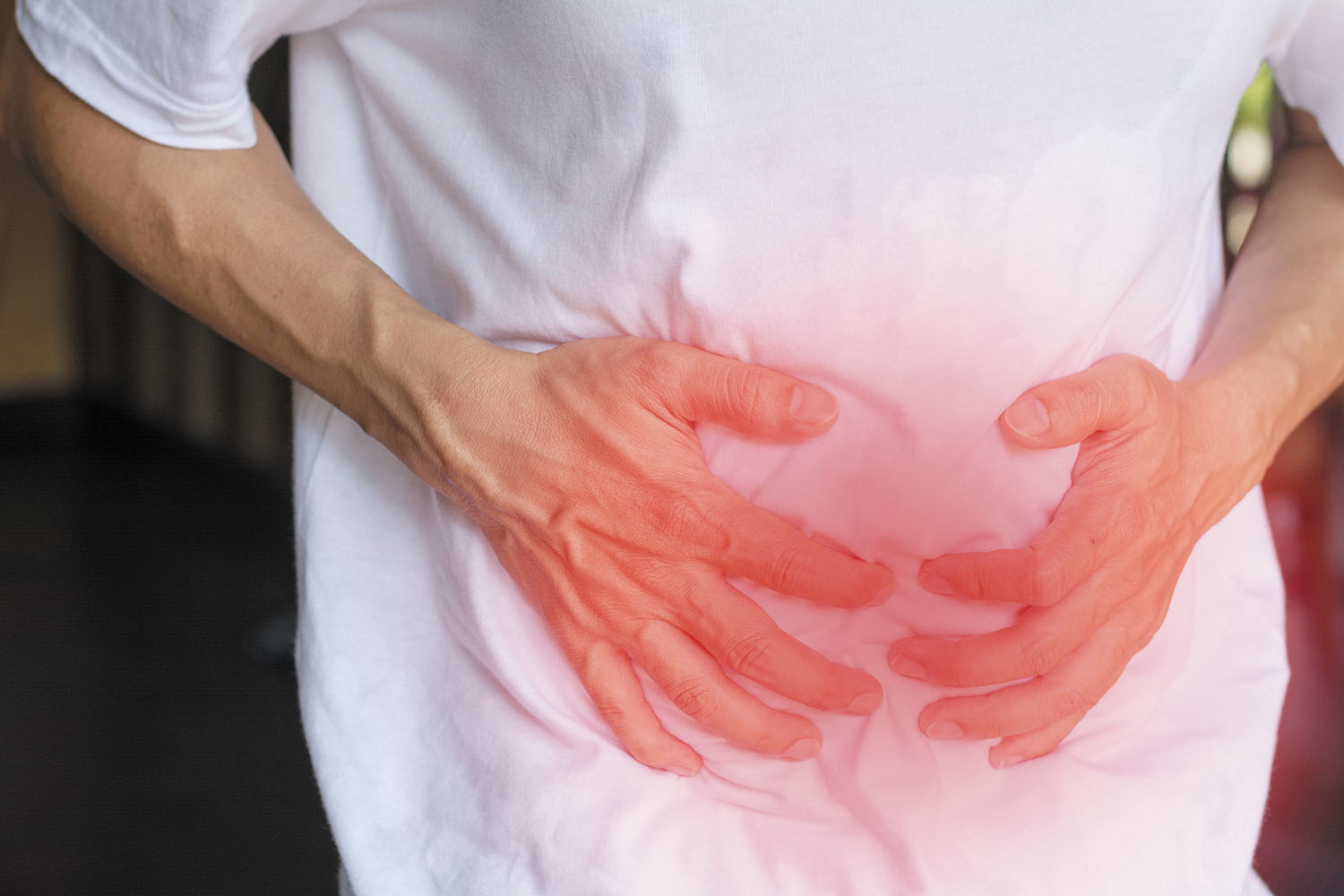
Driving with arthritis pain: Stay comfortable — and safe — behind the wheel

Daily cup of coffee may prevent afib recurrence

Gene-editing therapy lowers harmful blood fats in early study

What is EMDR therapy, and who can it help?

GLP-1 drugs versus bariatric surgery for treating obesity

Two dumbbells, three exercises, and 10 minutes

Easing the emotional burden of IBS

Modify your push-ups to meet your fitness level

What is long QT syndrome?

Stroke survivors may benefit from very low LDL levels
Digestive Health Archive
Articles
What are postbiotics?
Postbiotics are created by digestion. Like probiotics and prebiotics, they may contribute to gut health and overall health.
Gastroparesis: A slow-emptying stomach can cause nausea and vomiting
Gastroparesis is a condition that causes delay in the emptying of food from the stomach. This can cause uncomfortable symptoms like nausea, vomiting, and abdominal pain, and can affect nutrition and quality of life. Treatment may involve medication or a procedure, but a correct diagnosis is necessary first.
Keep ultra-processed foods off the menu
Inflammatory bowel disease on the rise in older adults
Battle of the bulges
Adjusting gut bacteria may improve response to cancer treatment
Facts about fiber
Five lifestyle factors that can help prevent gastroesophageal reflux disease
Is IBD an underrecognized health problem in minority groups?
Inflammatory bowel disease (IBD) is a treatable condition once considered a disease that largely affects people who are white, although in recent years it has been diagnosed more often in other racial and ethnic groups, in the US and around the world. Recognizing this condition early can make a difference in care and quality of life.
Harvard researchers: Pill-free approaches help control heartburn
News briefs
Living a healthy lifestyle may be one of the best things you can do to tame the heartburn of gastroesophageal reflux disease (GERD), suggests a research letter published online Jan. 4, 2021, by JAMA Internal Medicine. Harvard researchers analyzed the self-reported health information of about 43,000 middle-aged women who were followed for 10 years. Women who adhered to five healthy lifestyle factors, regardless of whether they took heartburn medication, appeared to prevent nearly 40% of their GERD symptoms each week. The pill-free approaches included maintaining a healthy body weight (a body mass index between 18.5 and 24.9); not smoking; getting 30 minutes daily of moderate-to-vigorous physical activity; limiting coffee, tea, or soda to no more than 2 cups per day; and eating a healthy diet. "Each one of these factors may prevent the inappropriate relaxation of the sphincter muscle between the stomach and the esophagus, helping to keep acid from refluxing up and causing heartburn. For example, carrying extra weight around the waist can push on the stomach, forcing stomach acid up into the esophagus," says Dr. Raaj S. Mehta, lead author of the study and a gastroenterology fellow at Harvard-affiliated Massachusetts General Hospital.
Image: © kate_sept2004/Getty Images

Driving with arthritis pain: Stay comfortable — and safe — behind the wheel

Daily cup of coffee may prevent afib recurrence

Gene-editing therapy lowers harmful blood fats in early study

What is EMDR therapy, and who can it help?

GLP-1 drugs versus bariatric surgery for treating obesity

Two dumbbells, three exercises, and 10 minutes

Easing the emotional burden of IBS

Modify your push-ups to meet your fitness level

What is long QT syndrome?

Stroke survivors may benefit from very low LDL levels
Free Healthbeat Signup
Get the latest in health news delivered to your inbox!
Sign Up











